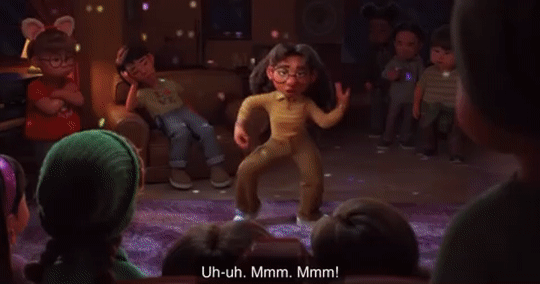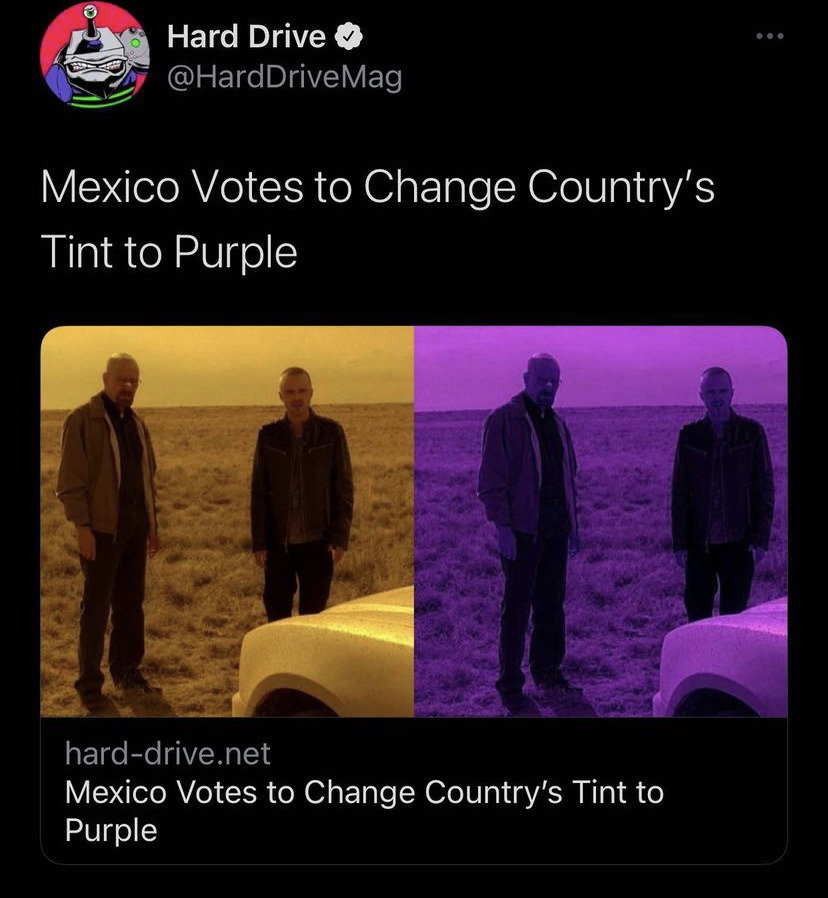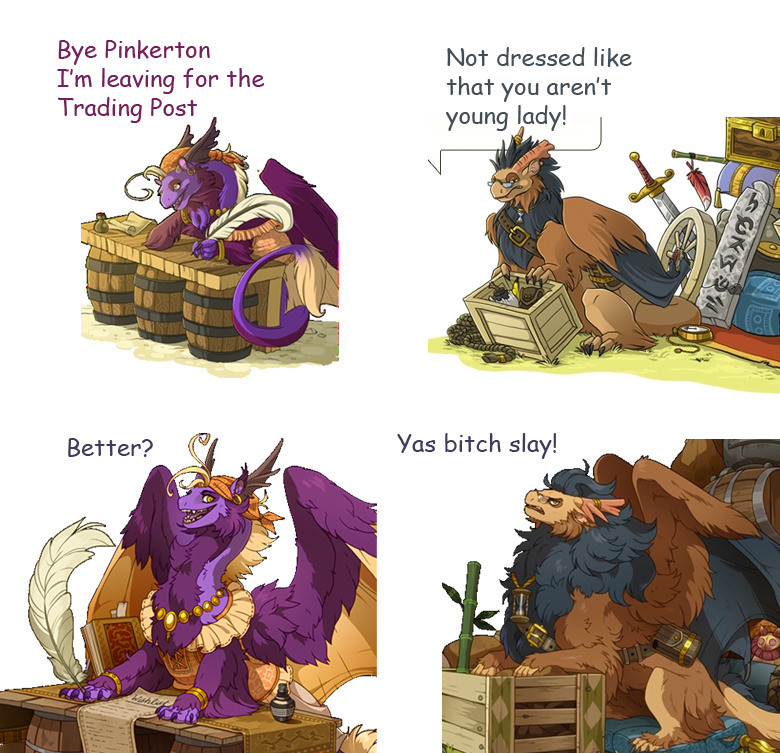
Turning Red has surprised me a lot with its very real representation of afab puberty and coming-of-age experiences, but there is something needed to be said on the language and writing of the movie that gives the film such a massive respect for me.
Because this is Disney/Pixar, right?
Disney, as a conglomerate, can be very restrictive on how they want specific stories to go. For a lot of animated Disney films, one could even see the formulas and pacing that are iconic to the company, but one of the big things that they try to make sure on was how they word/show varied experiences to appease all forms of audiences.
This includes omitting talk of any very risque jokes, mature topics, and basically making sure that the Rated G stories within don’t get into topics that would anger specific demographics that watch the company. Of course, the older films may differ with today’s regulations, but with the present films, that idea of keeping things “kid-friendly” can be found somewhere.



Either by the creative/exec team fighting the pressure relating to Luisa’s body, LGBTQ+ content, or even serialized formatting, there has always been some resistance to creators pushing the boundaries of what could be seen on screen.
One of them being afab experiences.
For many, the topics that are indulged in and experienced by afab people are demonized. Look toward boy bands, early fandom, and even stuff that is considered “feminine” you would find people seeing female experiences and agency as inappropriate or unnecessary.

And even if a female story is written, one could get a mess like Brave, where instead of women being placed into a position of writing/directing, are then scrapped for male writers who believe they could write an afab story to its core.
So then you have Turning Red, and the way they portray the struggles of a middle-school afab tween, at how it doesn’t pull any punches on how awkward this period of life is.
And how much this portrayal means a lot to me and many others as individuals.

Because I had seen people draw these romantic fantasies before. I had seen the wonky anatomy, the anime eyes, everything about keeping these fantasies hidden away from parents who would make a big deal over these new feelings.
People have felt that. People have witnessed it.

I had seen people thirst over boys in any single way possible. I had talked with friends who played “Hot or Not” over the newest crush, at how they looked toward men and women on what their sexuality was, and if they really wanted to date someone or if they didn’t.

There’s the talk of periods. The yells of distress over new bodily changes. The extensive list of cleaning products that media and society would always try to ignore as something dirty and messy, even though it is such a massive ordeal that happens for an afab person for most of their life.

You then get the focus of female friendships, the feelings of connection, and how integral friends are as support systems to an ever-growing tween scared over the new transitions.



All to the amount of internalized shame over trying to understand and indulging in romantic/sexual fantasies. The wanting to explore one’s options but restrained by the idea of being the perfect, clean daughter in a family’s life.
That you ultimately feel defined by your family…

By the family before yours…

And how in the end, there comes this wanting for acceptance to change and grow from the mold.
To become the person that you choose to be.
All of these feelings are feelings I had witnessed and seen when I was in middle school and high school, and the writing doesn’t hesitate on showing what it means to be awkward, exploratory, and anxious to understand who you are as someone burgeoning to puberty and the real world.
A movie cannot represent every afab person on the planet, but the intent is clear, and it has turned the movie into one of the most realistic portrayals of afab tween coming-of-age I have ever seen.
Because people gush over the topics they love. People sing off-tune and do wacky poses. People get anxious over how they look to classmates, teachers, to adults. People feel tense and excited over new blossoming feelings to the sheer agony over changes in the body that they cannot control but can accept. People say comments (”stripper music”) and actions (twerking) just because they can!

Turning Red doesn’t hesitate to look at a teen/tween and tell them that the movie sees them through its medium.
And this is a Pixar movie mind you! These afab experiences were able to be seen, shown, and given credence, and everything about it blows my mind away.
Because by being directed and written by female crew members, every part of the movie screams out authenticity — that it understands the audience that it’s referring to. It tells its specific audience “I understand what you’ve struggled with, you shouldn’t be ashamed of these feelings, and you aren’t alone in feeling them.”











